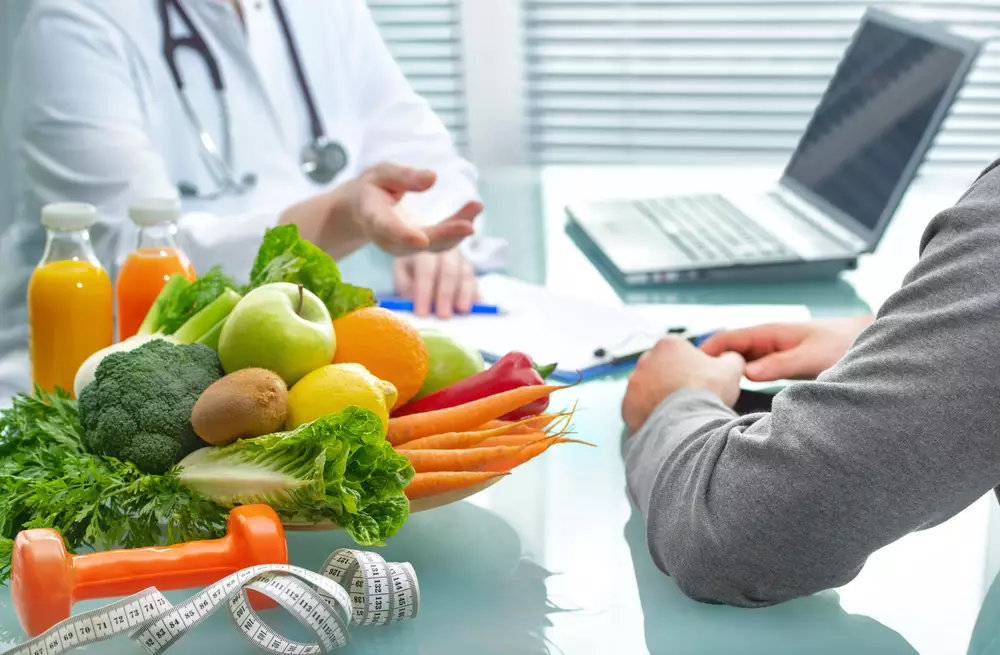Diet Guidelines for Stage 3 Kidney Disease
Chronic kidney disease (CKD) is a condition that affects the kidneys’ ability to filter waste products from the blood. In CKD stage 3, the kidneys still function sufficiently to remove a moderate amount of waste, but making dietary adjustments and managing your blood pressure, glucose, and weight, are necessary for slowing the progression of the disease and preventing kidney failure. Here are some guidelines to help you learn the best diet for stage 3 kidney disease, including the recommended nutrients and foods to consume and avoid.
The best diet for CKD stage 3
When you have stage 3 CKD, it’s important to know what your diet and nutrition goals are. Adhering to your doctor or dietitian’s kidney diet prescription could help slow the progression of kidney disease and improve your quality of life. Here are some diet and nutrition goals to consider when you have stage 3 CKD.
- Maintain a healthy weight. Excess weight places a strain on your cardiovascular and immune systems. Consuming the appropriate number of calories for your height, weight, build, and activity level can help manage your weight and support your overall health.
- Eat the right kinds of fats. Choose healthy fats, such as those found in nuts, seeds, and fatty fish, and avoid saturated and trans fats, such as those found in fried foods, margarine, and commercially baked goods like cupcakes.
- Limit salt and high-sodium foods. Cutting down on salt reduces hypertension, helps blood pressure medications work more effectively, and relieves fluid retention.
- Reduce your phosphorus and potassium intake. High levels of phosphorus in the blood can lead to bone disease, and too much potassium can cause heart problems.
- Limit your protein intake. The recommendation for protein intake in stage 3 is 0.8 grams per kilogram (0.36 grams per pound) of body weight.
- Stay hydrated. Drinking enough water is important for kidney function. However, if you have fluid retention, your doctor may recommend reducing your fluid intake.
In some cases, your doctor may recommend limiting calcium, as well, and if you have diabetes, they may suggest cutting back on carbohydrates.
Discuss with your renal dietician the best nutrition options for your specific case. Image from Shutterstock.
Foods to consume
When you have CKD stage 3, most experts recommend a healthy, balanced diet of high-quality protein, fresh produce, and whole grains, in these proportions on your plate for each meal:
- ¼ lean protein
- ½ vegetables and some fruits
- ¼ whole grains
Protein
Whether your doctor recommends a high- or low-protein diet, good sources of that nutrient include:
- Eggs (the whites are pure protein)
- Coldwater fatty fish (herring, mackerel, salmon, sardines, tuna)
- Lean meat and poultry
- Soy products (tofu, tempeh, edamame, soy milk, soy yogurt, etc.)
- Beans
- Nuts
- Seeds (such as quinoa)
- Small amounts of dairy
A growing number of studies suggest that mostly-plant-based diets, such as the Mediterranean diet and the Nordic diet, are particularly beneficial for people with CKD, no matter what stage. That said, each person is unique, so work closely with your renal dietitian to craft the most appropriate eating plan for you.
Fruits and vegetables
Most people in stage 3 CKD do not yet need to restrict potassium, so most fruits and vegetables are safe for consumption and enjoyment. Fresh or frozen produce is preferable over canned. Avoid fruit juices and fruit that is packed in syrup.
In between meals, snacks consisting of a small piece of fruit and a little protein (cheese, peanut butter, or yogurt) can help you to feel full.
Whole grains
Though people with CKD were long warned against eating whole grains, newer research suggests that they offer considerable health benefits. Several good sources of whole grains include:
- Brown rice
- Whole wheat bread
- Barley
- Oats
While it’s not usually possible to reverse the kidney damage sustained by stage 3 CKD, treatment and a healthy diet and other lifestyle changes can still help prevent the disease from advancing any further.


